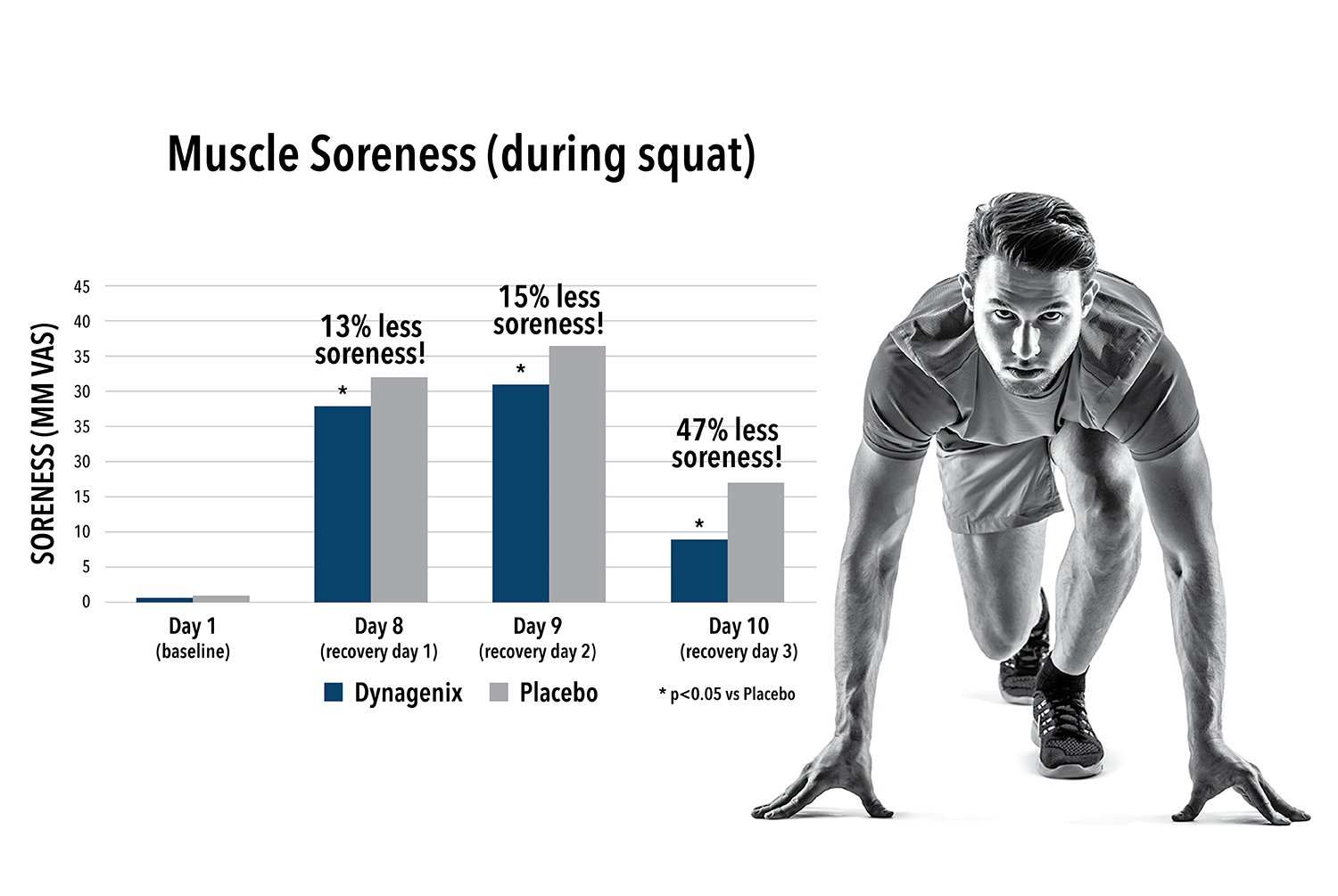-
Ingredient SolutionsQuickly narrow your search. Browse products in our sortable catalog. View Catalog
-
ApplicationsQuickly narrow your search. Browse products in our sortable catalog. View Catalog
-
ResourcesRecently Posted
-
PLT People & Planet
-
About
Our international network, passionate team of experts and extensive industry knowledge is what sets us apart.
 Seth FlowermanCEO
Seth FlowermanCEO
Extract of Rhodiola rosea Radix Reduces the Level of C-Reactive Protein and Creatinine Kinase in the Blood

Extract of Rhodiola rosea Radix Reduces the Level of C-Reactive Protein and Creatinine Kinase in the Blood
Abidov, M & Grachev, S & Seifulla, R & Ziegenfuss, Tim.
(2004) BULLETIN OF EXPERIMENTAL BIOLOGY AND MEDICINE. 138. 63-4. 10.1023/B:BEBM.0000046940.45382.53.
Abstract
The effects of extracts of Rhodiola rosea radix on blood levels of inflammatory C-reactive protein and creatinine kinase were studied in healthy untrained volunteers before and after exhausting exercise. Rhodiola rosea extract exhibited an anti-inflammatory effect and protected muscle tissue during exercise.
Professional athletes effectively use Rhodiola rosea (“golden radix”) extract as a safe nonsteroid food additive improving endurance and rapid recovery of muscles during several decades. Rhodiola rosea extract improves muscle work due to mobilization and more economic expenditure of energy resources of muscles. The use of adaptogens including R. rosea improved physical endurance of male athletes, reducing blood lactate level and accelerating recovery after exhausting exercise.
Muscle injury involves inflammation (increase in blood IL-6 level) and increases the risk of myocardial infarction in subjects with latent cardiovascular diseases (particularly in those neglecting regular exercises). The inflammatory process plays an important role in the etiology of coronary disease. The relationship between increased blood concentrations of C-re-active protein (CRP) and creatinine kinase (CK) and muscle injuries in untrained subjects after exhausting physical exercise was demonstrated.
Here the effect of regular treatment with R. rosea extract and plasma levels of CRP and CK in untrained subjects before and after maximum exercise was evaluated in a double-blind placebo-controlled study.















